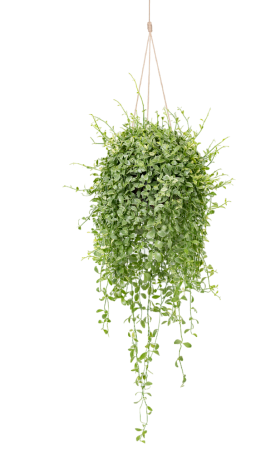The Not-So-Silent Killer: Roads and Highways

Even with the shift towards the ability to work from home, some jobs require proximity to cities, which cause people to live in places adverse to their health. In a recently published study from the University of Leicester in the UK, researchers identified that road noise, such as the rumble of engines, honking and braking, causes hypertension (increase in blood pressure). The study reviewed the status of 240,000 people over 8 years and looked at the correlation between the noise of where they lived (using addresses and computer modeling tools) and their blood pressure. It also adjusted for air pollution, because we know that fine particulates and nitrogen dioxide can also have effects on blood pressure. It turns out that plain old traffic noise was enough to cause an increase in hypertension, even though those who are also exposed to more air pollution had the highest risk.
Ok, so what do you do if your housing choices put you squarely in traffic central?
Consider where the noise comes in the most, and try one or more solutions for that area, which may be enough to dampen most of the sound coming in.
Windows on an outside wall facing a busy street will certainly be the source of most of the noise, and there are several ways to block out most of it. Single pane windows are very noise-transmissive, and double pane are a bit better, but each of them can be improved significantly with custom window inserts like those offered by Indow. If you are a renter or don’t own your house, replacement windows are likely out of the picture, and more expensive than these inserts. The company can provide a laser measuring system if you’re unsure about the squareness of your windows (for older homes), and once fabricated, Indows can easily be installed by one person (or two people for a large window). The compression fit keeps them snugly in place to block sound.
If you are not inclined to pay for window inserts, you can make your own foam board inserts to sleep soundly at night when the window’s not needed! Just pick up a large sheet of foam board and measure and cut it carefully to the exact measurements of your window casing, attaching handles/pulls to the top and bottom of the inserts to help you install or remove them. They can be stored in a closet, or behind long drapes during the day when they are not needed.
If you don’t want the expense of window inserts, acoustic caulk may help. You’ll want to remove the existing caulk and replace it with the acoustic caulk. It’s not a quick job, but if your windows are older and haven’t been caulked in a while, it will also provide needed thermal sealing too.
Thick, heavy curtains like these are much easier to install than caulk, come in a variety of colors, and are specifically made to block noise.
Plants need light, so placing them near a window will benefit them and you–they can also absorb noise! Plants with thick foliage and fleshy leaves are the best at absorbing and deflecting it. This article lists a number of plants in different styles and heights that can be placed on the floor, on stands or hung from the ceiling to deaden sound. As a plus, some plants also absorb VOCs that can seep in around the windows from the vehicles outside. Areca palms, rubber plants, Dracaena (Janet Craig variety), ferns and peace lilies are common to both of these lists!
A few more Tips for Dealing with Noise from the Street can help for walls that face the street:
-
Bookcases with lots of books
-
Portable closets like armoires
-
Hang a thick tapestry or quilt as a statement piece on the wall
-
Hang large or small art canvases with the backs filled with foam board
And finally, all the other places that sound can enter and bounce around your space:
-
Add thick, cushy rugs (if you have the ability to keep them clean, of course!)
-
Install door sweeps/seals (many are easy to install with adhesive or slip-on type)
-
Add a thick curtain with retractable rod if you have an entrance hall that emits noise
-
If you like music or audio books, try listening to them with sound-canceling headphones to have a studio-feel while relaxing, working out, cleaning or just walking around.






